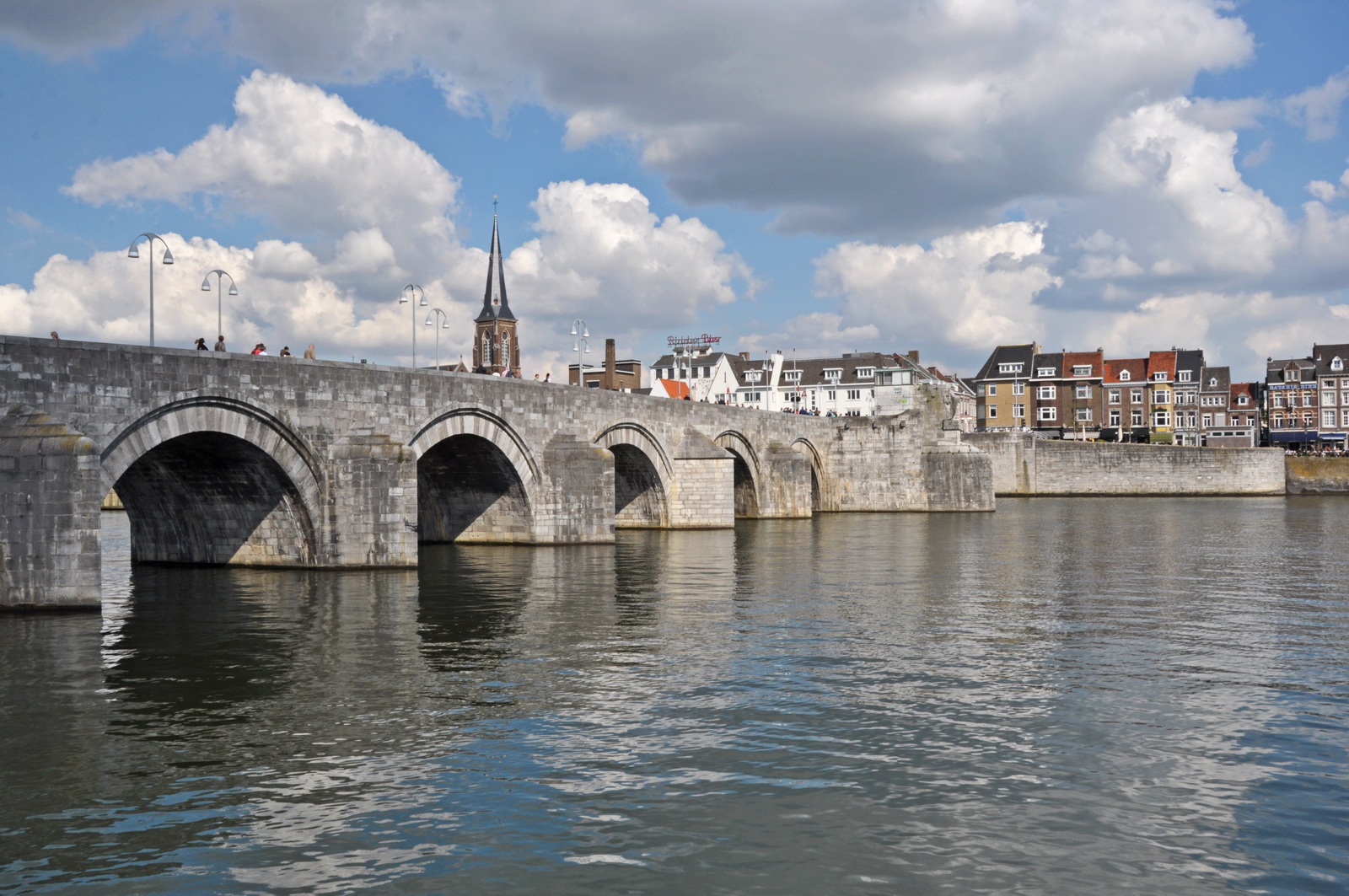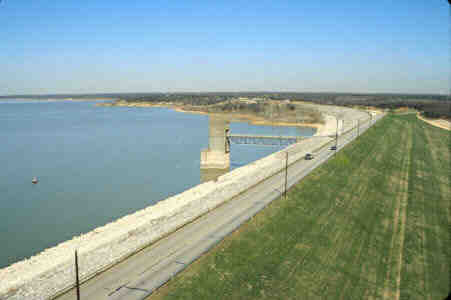Who has not visited a place like this?
November 24, 2018
Every dreamer knows that it is entirely possible to be homesick for a place you’ve never been to, perhaps more homesick than for familiar ground.
Last night, on the edge of sleep, when the mind begins to ignore the sounds of the room and turn its attention to the rising dream-state within, in that fleeting, oft-forgotten time flickering like a candle from waking to hallucination, I saw a place.
I remember a steep hill there, in a city with cobblestones and old architecture, and a building at the top of the hill, with a stone fountain on one wall. The building seemed Mediterranean in style, maybe Italian, its stonework solid but also gently curving, and next to this building, in this place, I felt a sense of deep calm that seemed to permeate the air, air which blew with ease from an unseen sea. Then I woke.
As far as I know, I have never visited this place in my waking life. But I have no doubt that somewhere in the world a place like this exists, in fact probably many places like this exist, such that if I found myself in any one of them I might even recall last night’s half-dream and wonder how it seemed to prophesy my presence there. And though my dream-memory of this place feels specific, when I examine it closely, it lacks the kind of granular detail which the solid, waking world will readily fill in — in Italy, or Portugal, or Mexico — any location having the required steep hill, cobblestoned street, sea breeze, and the rest.
I have seen other places like this, in dreams and dreamlike states, often recognizable from memories. They form a kind of rotating backdrop, like set-pieces for the unconscious stage, more or less faithfully depicting significant historical sites of my particular personal drama, but eerily empty, barren of players. Not every dream contains such a backdrop — some have no particular setting at all — but when they do, the emotional intensity of the experience imbues that place with a mysterious meaning, a realer-than-real quality that stays with me long after I awaken.
Who has not visited a place like this in sleep or near-sleep? I believe we all hold places like this inside of us, some representing indelible memories, some unrecognizable in their specifics but still clearly amalgalms of our experiences. For instance, though I don’t remember a place exactly like the building on the Mediterranean hill, I do remember similar stonework, and a similar feeling, in another place.
As a teenager, I lived for a couple of years near Maastricht, in The Netherlands. I still have strong memories of these formative years, and in my dreams will sometimes find myself wandering on the old limestone bridge in the Centrum of Maastricht, as I did as a moody 15 year-old in 1987, watching the river flow beneath the bridge’s arches, ephemeral currents of time in an older, more solid, more eternal world. And elements of the building on the hill — the stonework, the old world-ness — recall this bridge. They seem connected, equally realer-than-real.

In the Maastricht of my dreams, I see, or more accurately sense, throngs of indistinct people milling about. I do not interact with them, and I can’t tell, or don’t care, whether they can see me. But if they could, I wonder if the sight of me would frighten them, like a ghost. I feel like a being on a different level of consciousness in their midst, as if my spirit walked that bridge in a perpetual 1987. I see their brightly colored jackets, I hear their low, murmuring voices.
Who has not visited a place like this?
I moved a lot as a child. My grandparents’ house offered a constancy and security which I lacked elsewhere, and even now this house remains in my mind a spiritual and physical home base, the ground of my earliest memories. My dreams have often played out in this setting, within the house and the acre or so of land surrounding it. Growing up, I felt a love, peace, and wonder there that I cannot describe.
The house, a converted Methodist church, stands on a hill overlooking miles of rolling North Texas pasture, with rusty barbed-wire fences on two sides of the property, an old grey barn in the corner, a cinder-block well house next to a pair of long clotheslines, and a covered wooden porch from which one can whistle to the birds who listen with curiosity in the gnarly oak trees nearby.
Or at least it did. The ranch surrounding the property (my grandfather’s one-time employer) sold its land to real estate developers, and the pastures have quickly sprouted housing developments, streets, and retail shops. My grandmother, who moved out of the house several years ago, told me about plans to build a gas station on the site of the house. I don’t know if the house still stands today. But it cannot stand forever. The cars and pickup trucks of the new suburban landscape require frequent refuelings.
When I visit in my dreams, I see only the house, with open prairie all around. And as I carry this unchanging place with me through the years and stages of my life, conversely, I think, part of me remains there, even as newcomers overlay the landscape with their own memories (and just as I, a newcomer from an earlier time, wandered dry creek beds once remembered by Comanche children).
In the distant past an ocean covered these pastures, and the primitive sea creatures who scuttled along the ocean floor now rest in naked piles under the sun, their flesh long turned to stone. My days constitute a thin layer on this landscape but I, too, will remain.
But what about the places we don’t want to remain?
I remember being on the street and feeling an enormous sense of relief that I had escaped from the house.
I’ll relate one more dream, a place I have not visited in a long time. My childhood hometown sits next to a large reservoir, Grapevine Lake, which is contained by a long earthen dam. A road runs along the top of the dam, and I remember seeing, from the safety of the car, the mammoth pipes and metal gates that opened out onto a rubble-strewn spillway on the dry side of the dam.
Something about the scale of the waterworks, the crushing power of the lake pushing against this thin, man-made structure, and the mysterious controls which could unleash the power of the entire reservoir — something about this dam inspired a deep-felt terror in me. I would imagine myself taken up in the current, my ragdoll body pulled down, down into vast, inescapable pipes. The dam symbolized all things awe-inspiring and dangerous.
And so I in my sleep I would find myself there, not crushed beneath the water, but simply facing the dam as if it had a kind of uncaring consciousness, like a waking giant who roars the deep, shattering roar of millions of tons of water tumbling onto the naked flood plain far below.

Standing on the dam, on the border between placid reflection and certain annihilation, I witnessed the dark order of things larger than myself. What could I control? Nothing that matters, ultimately — and so as a child, amid the turbulences of broken homes and social isolation, and later as an adult trapped in the whirlpools of daily survival, I have visited this place and understood in some way the colossal force that I long to break free from.
Who has not visited a place like this? My life has had its small share of traumas, borne of chance, my own weaknesses, and the weaknesses of those who should have cared more. And to the degree these traumas have affected me, I have found my unconscious self occasionally visiting some corresponding territory of the mind, not with a feeling of homesickness or longing, but with dread and primal fear.
And I must reflect, too, on my own words and deeds, and whether they have inflicted harm on others. Because we carry this psychic harm, we visit it in the most timeless places of our existence, and there it lives forever. I can think of nothing worse than to turn another’s mind into a prison, to sentence them to revisiting a place they should never have seen. What can compare to the hells we create for others?
And I wonder if, in the last moments of dying, we lose the faculty of time, and so gain some kind of final timelessness. Do we experience true eternity then, a moment stretching back to the beginning of our lives, and in that moment do we perhaps visit one more place on that threshold of consciousness, a realer-than-real place? What will this place look like for each of us? Will it look like a nightmare? Will it look familiar? Will we feel relief?